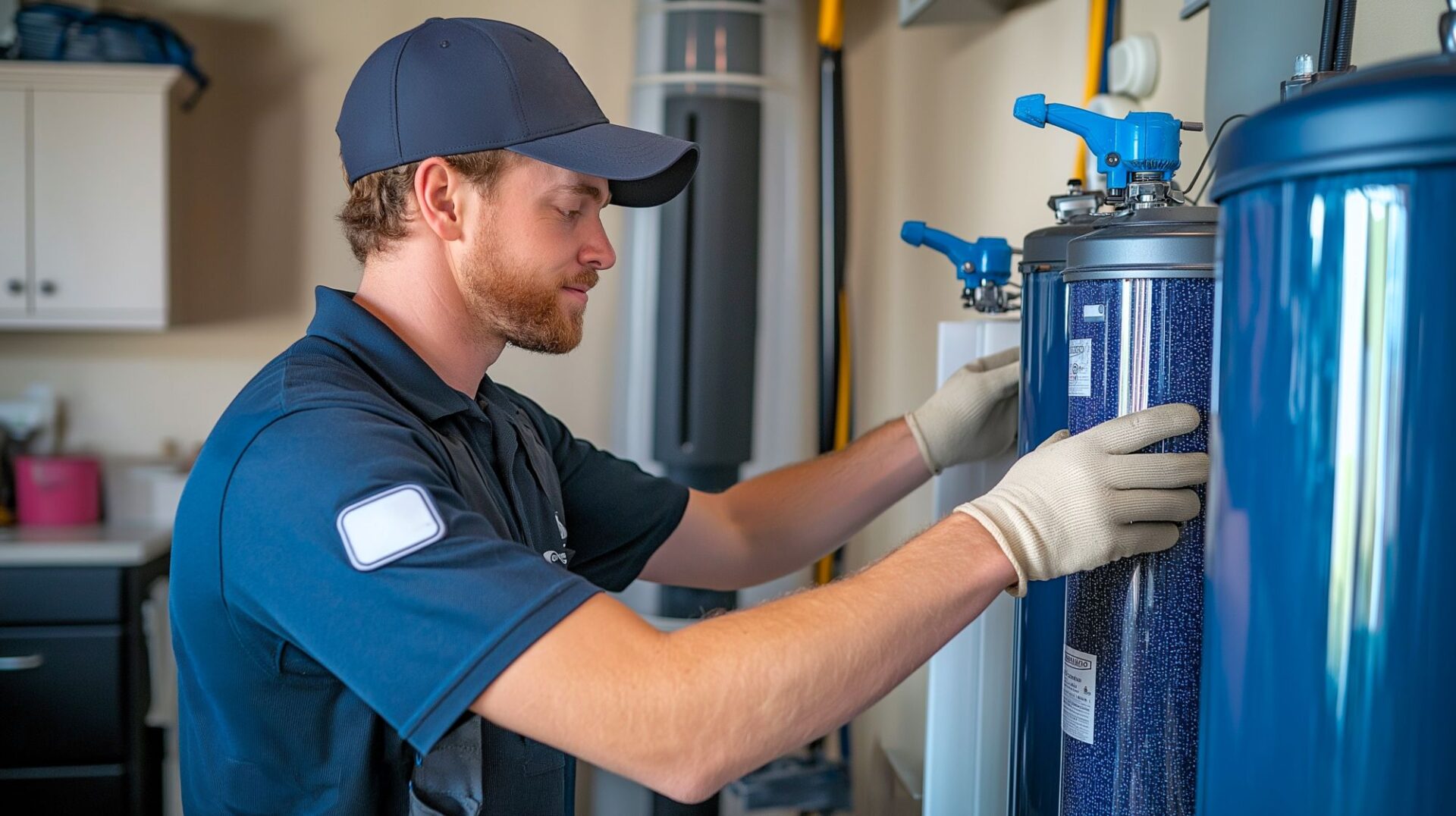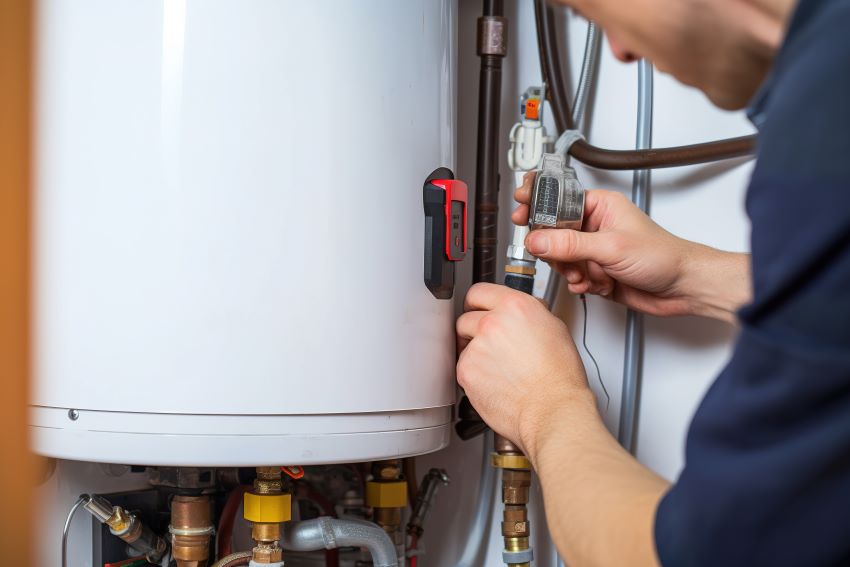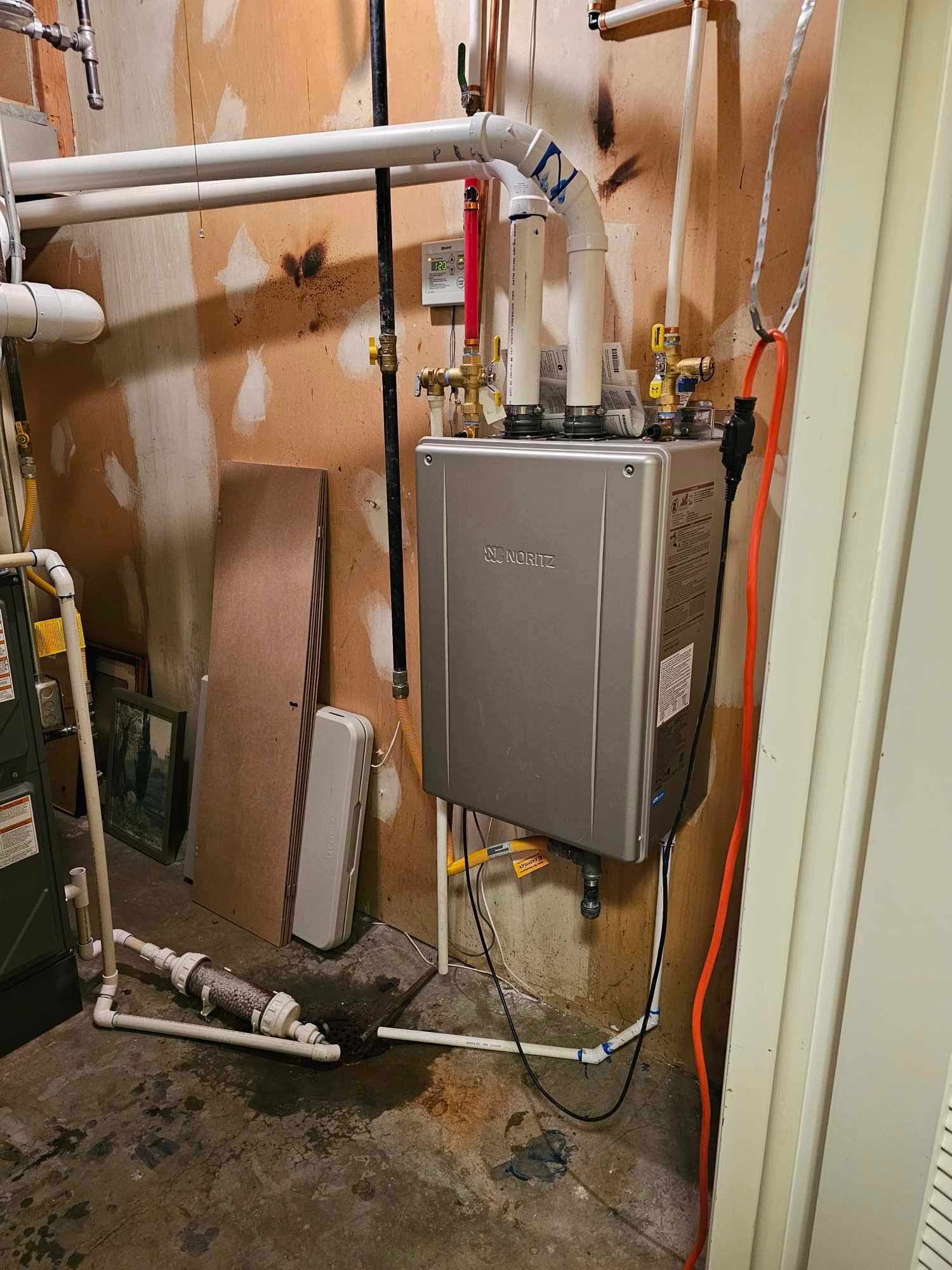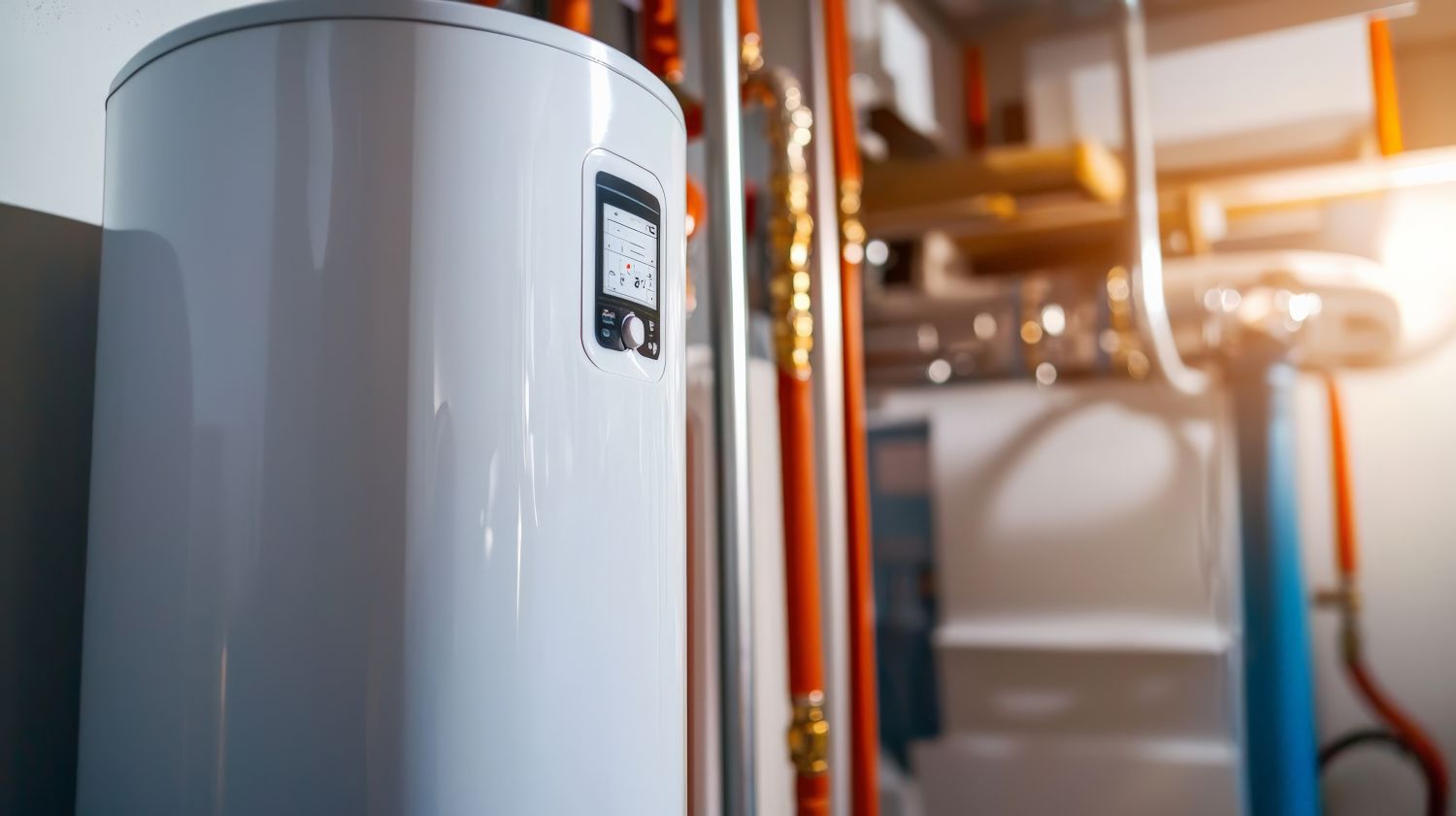
Plumbing Upgrades That Boost Your Utah Home’s Value
Plumbing Upgrades That Boost Your Utah Home’s Value We are in the time of year when people look around their homes and wonder what they

At Plumbing Utah Heating & Air, we understand the importance of a properly functioning water heater in your home. Your water heater is crucial in providing hot water for various daily activities, from showering to doing the dishes. However, one common issue many homeowners face is water heater corrosion, which can lead to leaks and other problems. In this article, we’ll explore the causes of water heater corrosion and provide insights into how you can prevent it to ensure the longevity and efficiency of your water heating system.
Corrosion is the gradual breakdown of metal due to a reaction with its environment. In the context of water heaters, corrosion is a significant concern, as these appliances are primarily made of metal components. Several factors contribute to water heater corrosion, and understanding them is essential for proactive maintenance.
Identifying water heater corrosion early is crucial to preventing leaks and extending the life of your appliance. Here are some signs that your water heater may be experiencing corrosion:
While some factors contributing to corrosion are inevitable, there are proactive steps you can take to minimize the risk and extend the life of your water heater:
Water heater corrosion is a common issue that can lead to leaks and compromise the efficiency of your appliance. By understanding the causes of corrosion and implementing preventive measures, you can ensure your water heater continues to provide reliable hot water for years to come. If you suspect corrosion or experience any issues with your water heater, don’t hesitate to contact Plumbing Utah Heating & Air for professional assistance. Your comfort and peace of mind are our top priorities.
Call Today

Plumbing Upgrades That Boost Your Utah Home’s Value We are in the time of year when people look around their homes and wonder what they

Ultimate Tankless Water Heater FAQ Tankless Temptation? Utah’s Plumbing Pros Answer Your Burning Questions. Tankless water heaters are revolutionizing how Utah homes and businesses experience

Does My Water Heater Run Harder in the Winter? When winter temperatures drop, the water heater in your house becomes one of the most critical
© Copyright Plumbing Utah | All Rights Reserved